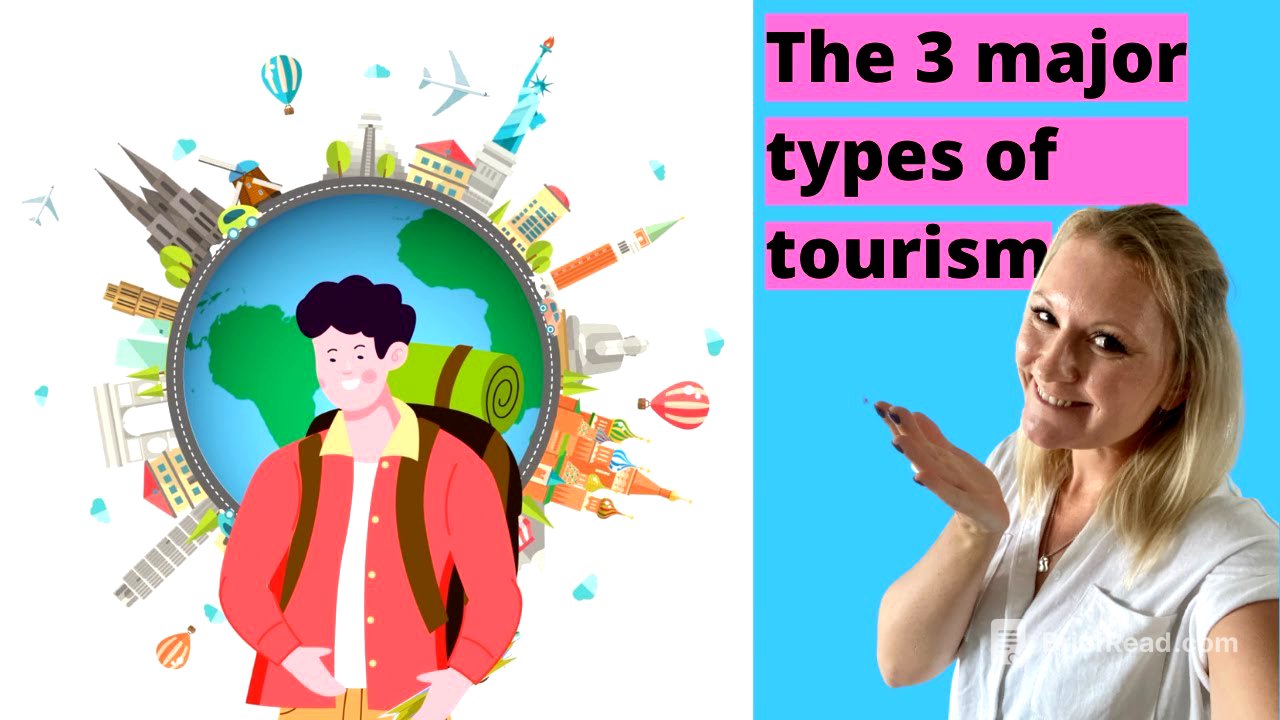TLDR;
This video explains the three major types of tourism: inbound, outbound, and international. It highlights the importance of tourism for economies, job creation, and cultural exchange. The video also touches on the impact of technology and accessibility on the growth of outbound and international tourism.
- Inbound tourism refers to tourists entering a country.
- Outbound tourism involves residents of a country traveling to other countries.
- International tourism encompasses travel across national borders.
Inbound tourism, outbound tourism & international tourism [0:00]
The video introduces the concept of tourism as a major global industry that generates revenue, employment, and enjoyment. It sets the stage for explaining the three main categories of tourism: inbound, outbound, and international, which are fundamental concepts for students and stakeholders in the travel and tourism sector.
What is inbound tourism? [1:00]
Inbound tourism is defined as tourists entering a country. Many countries depend on inbound tourism, which can be seasonal, with peak, low, and shoulder seasons. Inbound tourism is crucial for certain destinations as it brings in money and creates jobs. The amount of money tourists bring varies by nationality, with Americans and Chinese tourists being among the highest spenders. Destinations often target specific nationalities to boost their inbound tourism.
What is outbound tourism? [3:16]
Outbound tourism refers to tourists leaving their country to visit another. For example, many people from the UK travel to warmer climates due to the weather, making them outbound tourists. Outbound tourism can be profitable for the country of origin through travel companies that organize trips. The outbound tourism market has grown due to increased accessibility, transport options, and technology, including direct flights and low-cost carriers.
What is international tourism? [5:30]
International tourism involves travel across different countries. While much tourism is international, some remains domestic. International tourism is a significant business, driven by technology, higher disposable incomes, and a desire for exploration. For some destinations like the Caribbean or the Maldives, international tourism is vital for their survival, as they rely on foreign exchange income. International tourism can have positive economic impacts, helping to enhance economies, create jobs, and fund infrastructure through government taxes.









